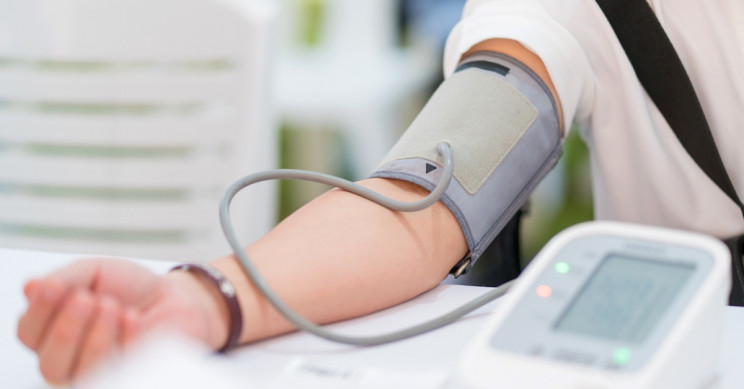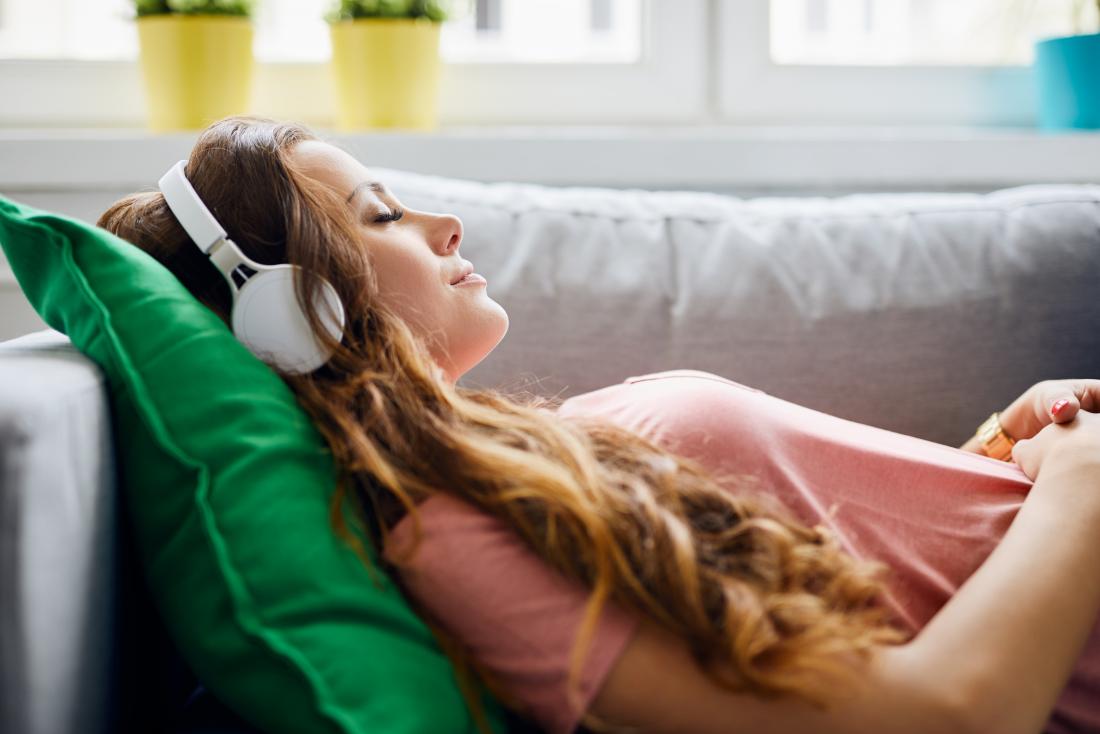Blood pressure readings are critical for analyzing and monitoring blood pressure. These tests record blood pressure using two measurements: systolic and diastolic blood pressure. Understanding these numbers is key to controlling blood pressure. The systolic pressure shows how much pressure the blood places on the arteries when the heart beats, while the diastolic blood pressure shows the pressure while the heart is resting between beats. Decades of research have indicated that high systolic blood pressure is more likely than diastolic pressure to predict heart disease, but now, a new study finds that both numbers in blood pressure readings have a strong association with heart attack and stroke risk. Researchers at Kaiser Permanente, a healthcare company in Oakland, CA, carried out the study. "This research brings a large amount of data to bear on a basic question, and it gives such a clear answer," says Dr. Alexander C. Flint. The new study is the largest of its kind. The findings confirmed that systolic pressure has a greater effect, but they also demonstrated that both systolic and diastolic pressure can predict the risk of heart attack or stroke. This analysis, using a very large amount of longitudinal data, convincingly demonstrates that both are important, and it shows that in people who are otherwise generally healthy, lower blood pressure numbers are better." Says, Dr. Deepak L. Bhatt. (Source: www.medicalnewstoday.com)


